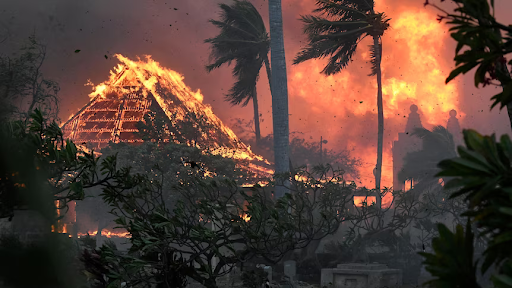Writing for the most violent city in the nation, Times-Picayune criminal justice reporter Ramon Antonio Vargas has his work cut out for him.
“I always try to find out what’s happening, what crimes are out there, every person who’s been arrested,” Vargas said. “But it’s impossible to know everything that happens in a city.”
His interest in writing about real life events led him to pursue a career in journalism.
“I think as people we are better if we understand the people around us and the community we live in,” Vargas said. “Knowing the things we go through and the community goes through helps us to understand our world a little better.”
A graduate of Loyola University New Orleans, Vargas studied journalism and wrote three to four stories a week for the student newspaper. However, Vargas believes that there were not enough opportunities to write if he only wrote what was assigned in class.
“I wrote as much as possible about as many things as possible,” Vargas said. “I knew how to write stories and I was prepared to write a news story.”
Vargas credits his first boss with teaching him to be a serious news writer, write with authority, and be taken seriously.
A native of New Orleans suburbia, Vargas has always had a passion for police work and crime.
“The work that police do is perhaps the most important work that cities do,” Vargas said. “Police are keeping the community safe. But their work also serves as really interesting, high-stake stories. Depending on how things play out, people live or die or people are in prison or are free.”
Vargas’s daily routine includes listening to the police scanner and perusing through court documents to find anything happening in the moment that needs to be written about.
Vargas prides himself on preparation for the unexpected, as his stories are seldom planned.
As for the future of journalism, Vargas is hopeful.
“There is a huge news appetite,” Vargas said. “In the future there is definitely going to be more news produced. Nothing will be too significant or too insignificant to cover.”













